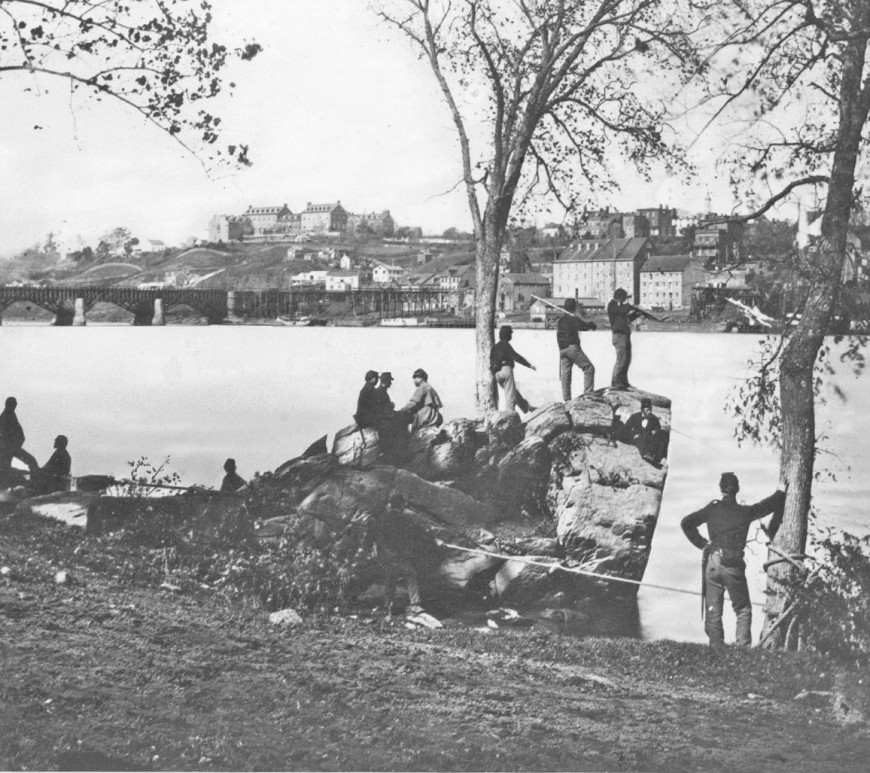
W(h)ither Nauru: The Case for More Historical Scholarship on Postcolonial Island Nations
Philip LaRue Buried in Dr. J.R. McNeill’s 1994 “Of Rats and Men: A Synoptic Environmental History of the Island Pacific” is a tantalizing datapoint. The people of Nauru, one of the islands of McNeill’s study, were apparently then “fortunate: none of them need[ed] work.” After renegotiating extractive colonial-era phosphate mining leases in 1968, Nauruans reached higher per capita incomes than Saudis or Swiss by the … Continue reading W(h)ither Nauru: The Case for More Historical Scholarship on Postcolonial Island Nations









